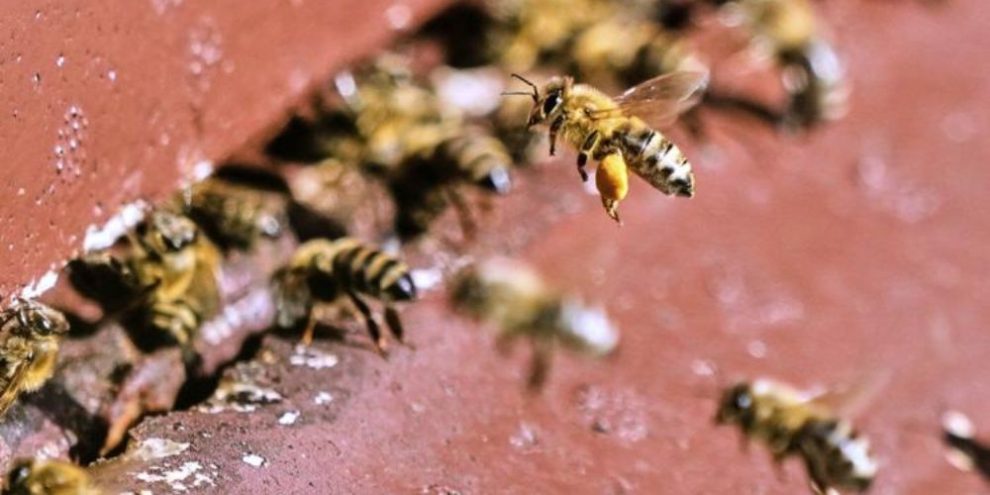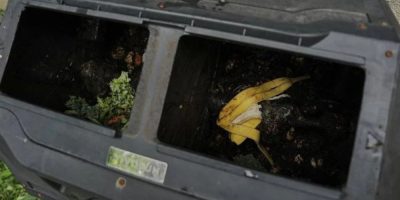
On the eighth annual “World Bee Day,” the bees did not seem bothered.
They should be.
Bees and other pollinators have been on the decline for years, and experts blame a combination of factors: insecticides, parasites, disease, climate change and lack of a diverse food supply. A significant part of the human diet comes from plants pollinated by bees — not just honeybees, but hundreds of species of lesser-known wild bees, many of which are endangered.
Barrie's News Delivered To Your Inbox
By submitting this form, you are consenting to receive marketing emails from: Central Ontario Broadcasting, 431 Huronia Rd, Barrie, Ontario, CA, https://www.cobroadcasting.com. You can revoke your consent to receive emails at any time by using the SafeUnsubscribe® link, found at the bottom of every email. Emails are serviced by Constant Contact
In 2018, the U.N. General Assembly sponsored the first “World Bee Day” to bring attention to the bees' plight. Steps as small as planting a pollinator garden or buying raw honey from local farmers were encouraged.
May 20 was chosen for “World Bee Day” to coincide with the birthday of Anton Janša, an 18th century pioneer in modern beekeeping techniques in his native Slovenia.
In Germany, where bees contribute 2 billion euros ($2.3 billion) in economic benefits, they’re key to pollinating the iconic yellow rapeseed fields that dominate the countryside in the spring.
On Tuesday, around 400,000 bees in urban rooftop hives in the western city of Cologne — where the yellow fields flower — were busy at work making honey.
They seemed oblivious to the threats that endanger their survival. Scientists and bee experts like Matthias Roth, chairman of the Cologne Beekeepers Association, hope World Bee Day can raise awareness.
For Roth, it’s crucial to protect both honey bees — like the ones in his rooftop hives — and wild species. His organization has set up nesting boxes in the hopes of helping solitary bees, which don’t form hives, but Roth fears that it’s not enough.
“We must take care of nature,” Roth said Tuesday. “We have become far removed from nature, especially in cities, and we must take care of wild bees in particular.”
